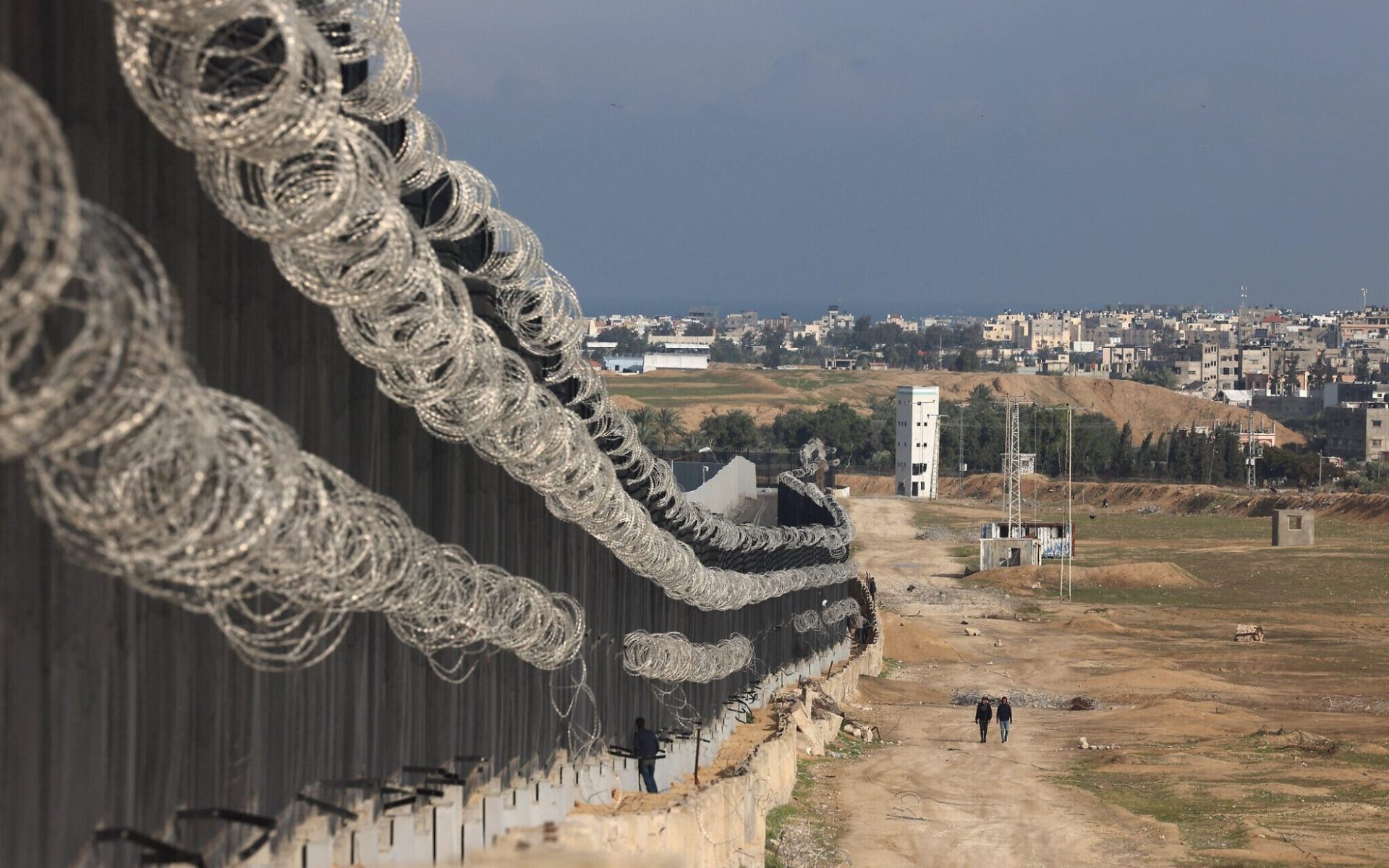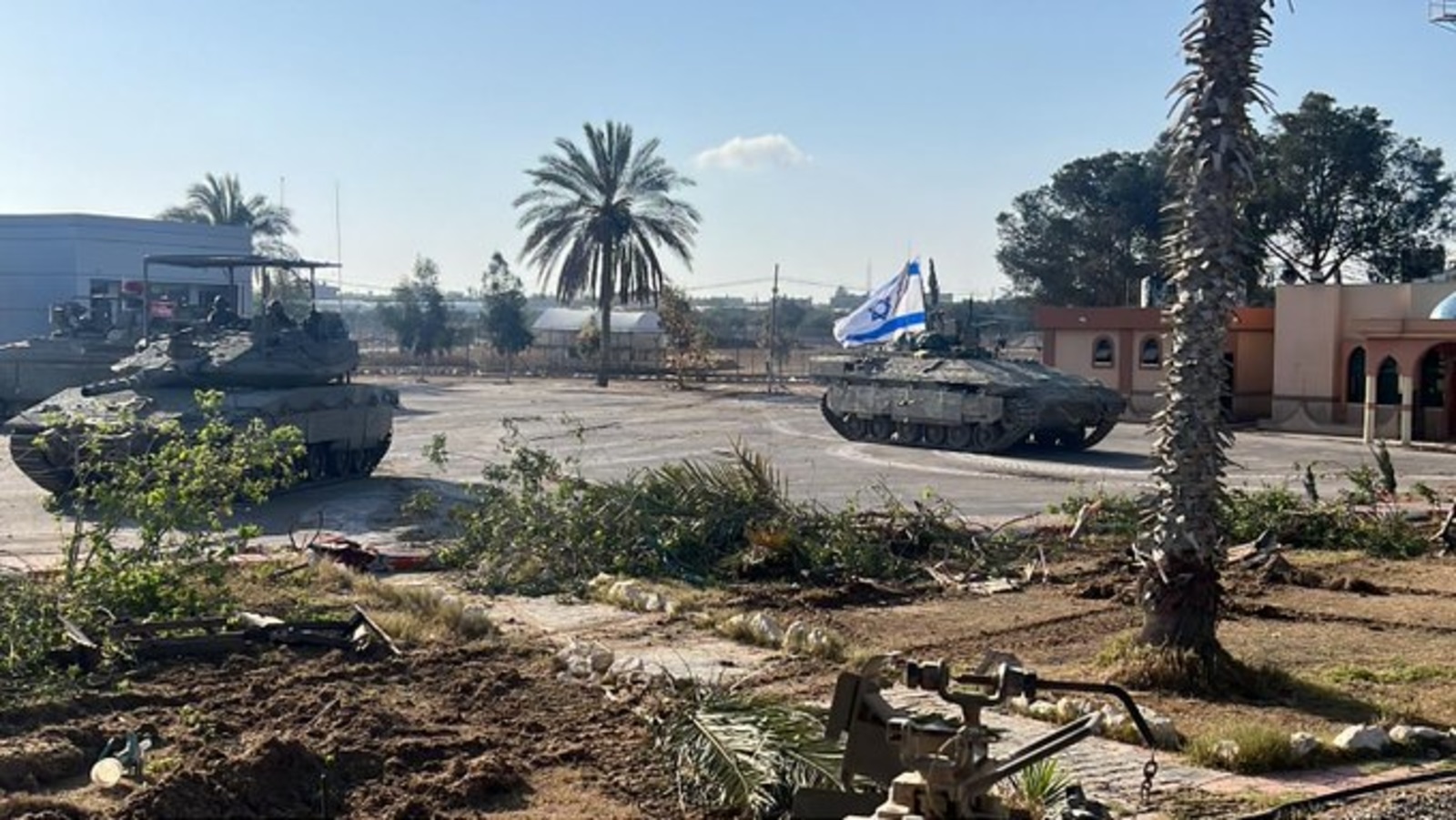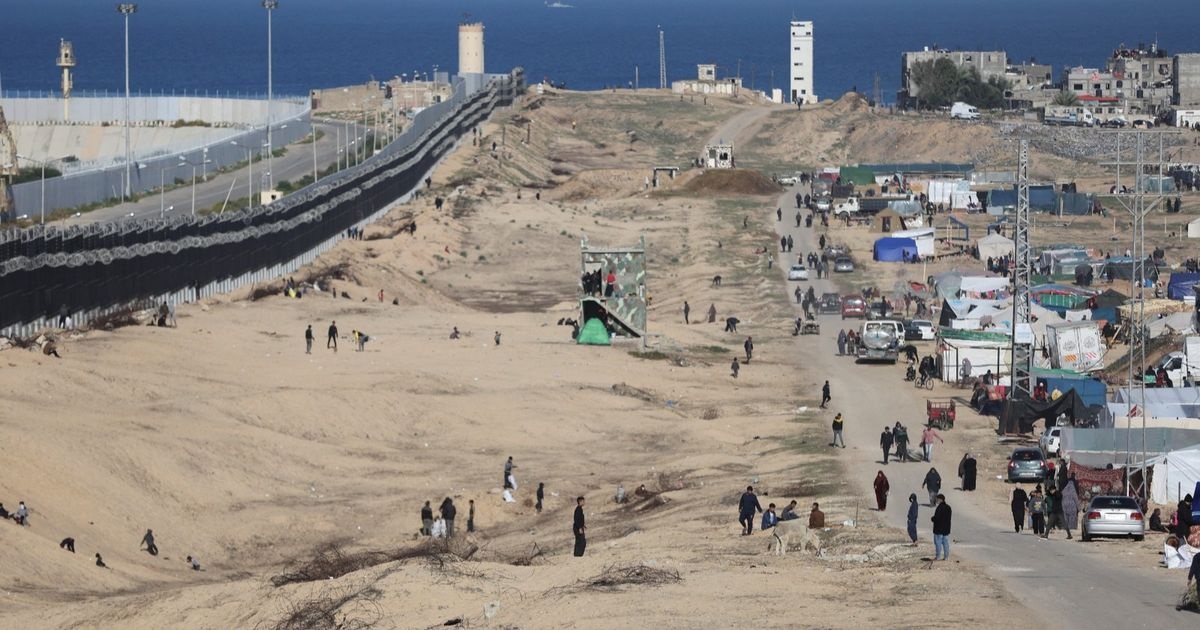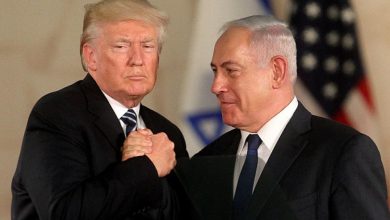Deep Dispute Over Rafah Border Crossing Poses Dilemma for Biden Administration

Watan-The deep dispute between Egypt and Israel over the closed Rafah border crossing is putting President Joe Biden’s administration in a predicament as the slight progress made in increasing humanitarian aid to Gaza slows down.
For several months, the Biden administration has prioritized increasing humanitarian aid to Gaza. While the amount of aid reaching Gaza has been minimal compared to pre-invasion levels, U.S. officials and aid workers have noticed some small gains in deliveries.
The number of aid trucks entering Gaza doubled from 2,545 in November to 5,671 in April, according to the United Nations.
This represented only 37 percent of the number of trucks entering Gaza before the outbreak of war on October 7, when 80 percent of Gaza’s population relied on aid. However, with the closure of the Rafah border crossing, the situation has deteriorated further.
The World Food Programme warned this week that the “modest progress” made in enhancing aid deliveries is at risk and that famine threatens the enclave.
The UN agency said it had not been able to access its warehouses in Rafah for over a week due to fighting there.
Rafah: The Focal Point of the Crisis
The focal point of the crisis is Rafah, the border city in southern Gaza where over a million Palestinians reside and the main gateway for aid into the enclave through its crossing with Egypt.
Israel took control of the Palestinian side of the crossing earlier this month.
The attack angered Egypt, which is concerned that the fighting in the enclave could spill over into the troubled Sinai Peninsula and spark a refugee crisis along the border.
In a phone call with Egyptian Foreign Minister Sameh Shoukry on Monday, U.S. Secretary of State Antony Blinken reiterated the Biden administration’s opposition to the forced displacement of Palestinians from Gaza.
Israel proposed opening the crossing while continuing its assault on other parts of Rafah and maintaining security control.

According to Reuters, Egypt said it would only recognize Palestinian control over Rafah, while the Palestinian Authority ruled out managing the crossing under “Israeli rule,” according to Arab media reports.
This dispute is particularly problematic and needs to be resolved by the Biden administration as it involves the immediate need to increase aid to the starving Palestinians in Gaza and Israel’s stance on how to control the enclave’s crossing in the future, according to a report by Middle East Eye translated by Watan.
Dave Harden, the former director of the USAID mission in the West Bank and Gaza, told the site that Israel’s moves at the Rafah crossing appear to place it in a position of “long-term military occupation,” noting that the Biden administration would oppose this.
Dispute Over Post-War Plan
The Biden administration is at odds with Israel over a post-war plan for the enclave.
Israeli Prime Minister Benjamin Netanyahu has ruled out the return of the Palestinian Authority to govern Gaza and expressed anger at calls to take meaningful steps towards a two-state solution that could garner support from neighboring Arab states.
Egypt refuses to budge in this dispute, feeling that Israel has violated the peace treaty signed between the two countries 45 years ago and the new agreements that stipulate the deployment of forces on both sides of the Rafah crossing.
On Thursday, Egypt deployed additional armored personnel carriers and soldiers to its border with Gaza in northeastern Sinai.
Analysts say Egypt views the attack as a direct threat to its national security.
Mirette Mabrouk, director of the Egypt Program at the Middle East Institute, said, “Egypt is facing an influx of Palestinian refugees at a time when it is experiencing its worst economic crisis in 60 years. The issues facing Egypt are very real.”
Egyptian President Abdel Fattah el-Sisi said at the Arab League summit in Bahrain, “We found that Israel continues to shirk its responsibilities and evade efforts to reach a ceasefire.”

Analysts say it is unlikely that Egypt will suspend its peace treaty with Israel over the dispute.
However, in addition to publicly criticizing Israel, Egypt could quietly hinder cooperation on security matters needed by both the United States and Israel, such as cracking down on any remaining tunnels for Hamas between Sinai and Gaza.
David Witty, a former U.S. Army Special Forces colonel who served in Egypt and author of “The U.S.-Egyptian Military Relationship,” told Middle East Eye, “Egypt could start conducting symbolic inspections of the tunnels.”
He added, “If Egypt stops cooperating with Israel, there could be a problem.”






